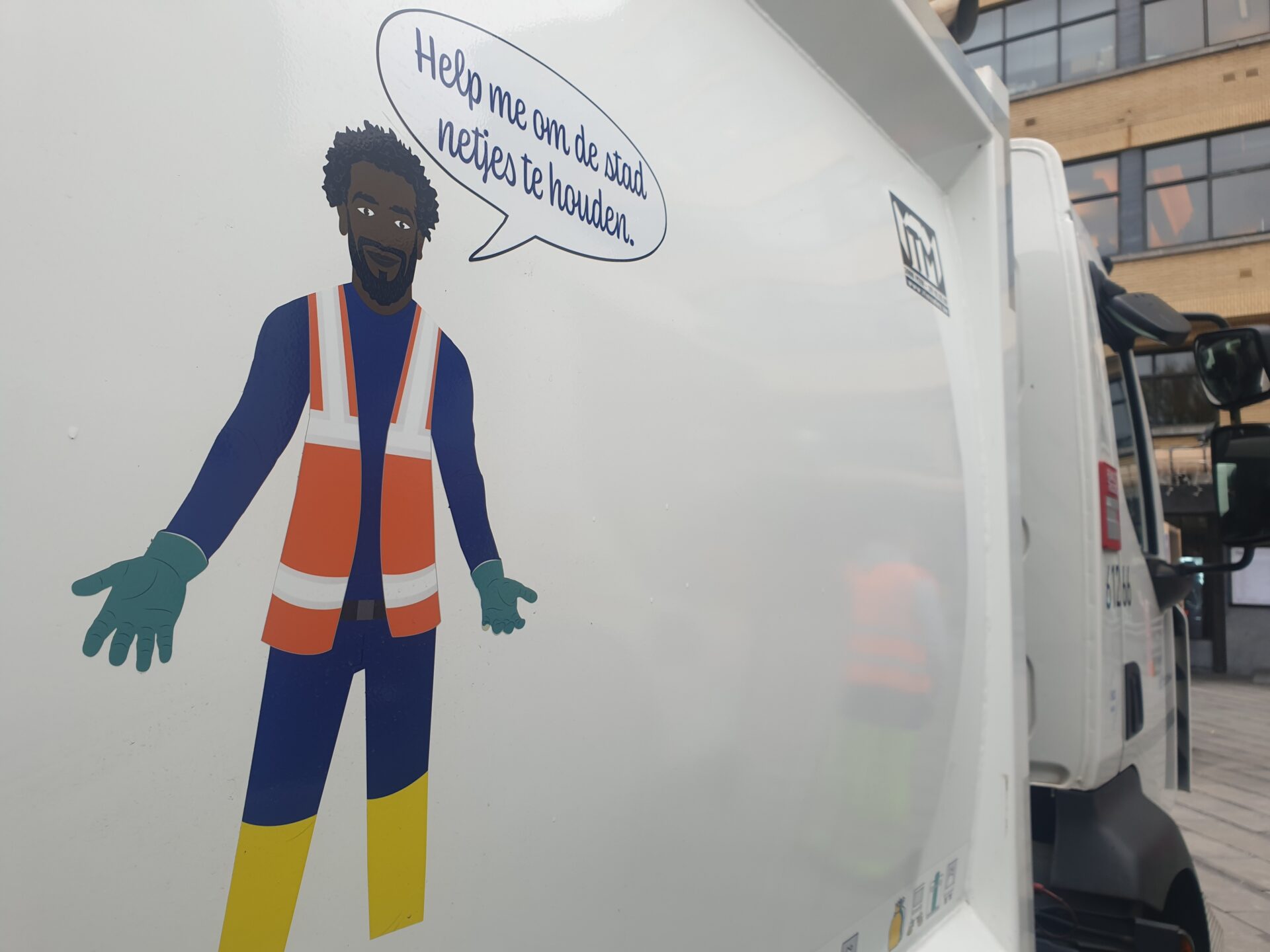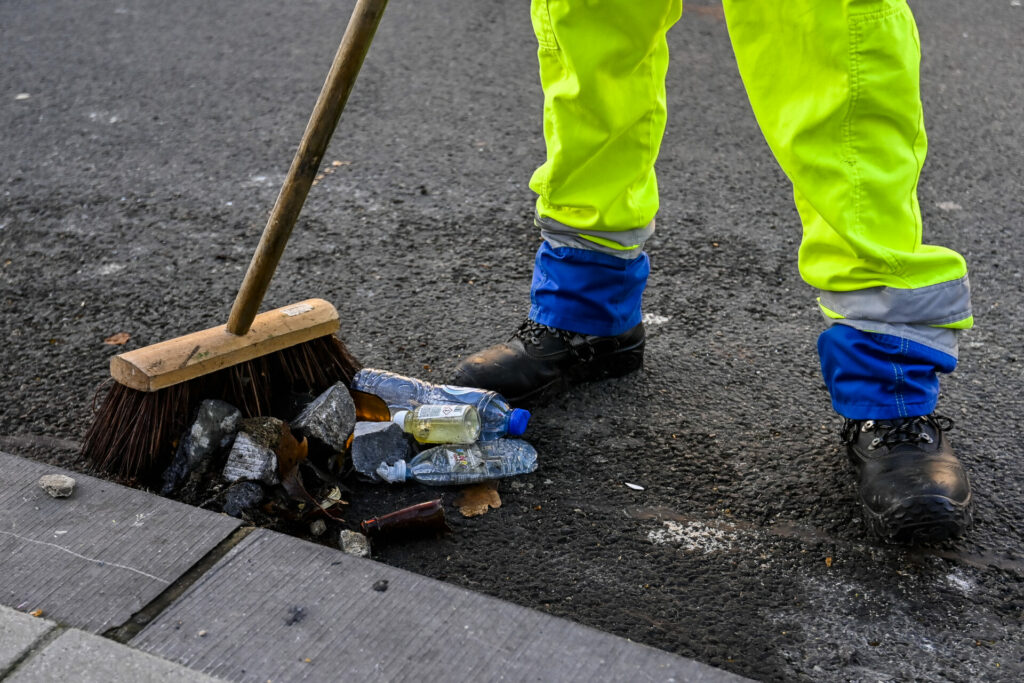The state of Brussels streets varies greatly, with some neighbourhoods spick and span whilst others are the site of copious littering. Despite the city deploying teams every day to clean pavements and roads, the disregard that some residents show for their environs means they are often fighting an uphill battle.
After struggling with the problem for years, the Brussels Regional Government is looking to involve more actors on various levels in an effort to change attitudes towards urban cleanliness and how to achieve it.
"The new regional clean.brussels strategy sees urban cleanliness as a collective and common good," the region's minister of public cleanliness Alain Maron stated on Tuesday as he announced the new plan.
Every year, 30,000 tonnes of litter is gathered from the streets of Brussels, yet fragmented organisation meant that collection was rarely synchronised. While the 19 municipalities are in charge of keeping 1,448 km of municipal roads tidy, the government body Net Brussel oversees 535 km of regional roads and Brussels Environment looks after 142 parks.
A harmonised approach
Although individual municipalities might function in a given neighbourhood, a collaborative approach was missing. The region is now adopting a joint approach, which was approved by the Brussels government on 10 November. As well as assigning urban cleanliness to City services, the new plan leans on citizens and the private sector.

The side of a rubbish lorry reads "help me keep the city clean." Credit: Lauren Walker
This strategy is the first to harmonise more than 50 players living and using the public space and will involve awareness-raising, prevention and repression as well as redoubled efforts to tackle littering and fly-tipping.
Maron stressed that cleaning alone is just the tip of the iceberg: "The cleanest city is not the one that is cleaned the most but the one that is least littered."
Zone managers and defined targets
The strategy is based on 14 "high-level objectives" and 65 concrete measures divided between the three groups of actors.
"This vision and strategy are necessary to durably clean the city. It is key that all actors are committed to this challenge. Urban cleanliness is in everyone's interest: from the government to citizens and businesses," said Frédéric Fontaine, director of the agency Net Brussels.
The measures range from a "Public Zone Manager" to coordinate the efforts within a community, to instating a "day of cleanliness."
Related News
- More fines as littering and illegal dumping explodes in Brussels
- Bpost will soon help you clear out broken electric appliances
More than half of these measures have already been launched and the region has made available €80 million to meet the targets and finance these measures over the next three years, with the aim of fully implementing the strategy by 2030.
"Together we will make Brussels a clean region, where a better quality of life is possible," Maron said.

